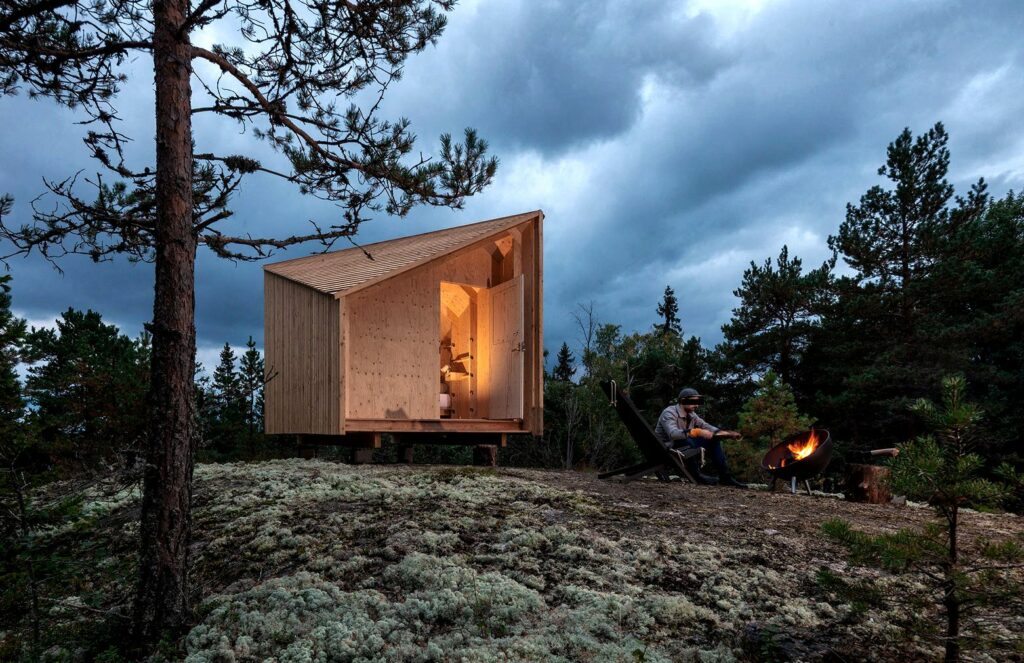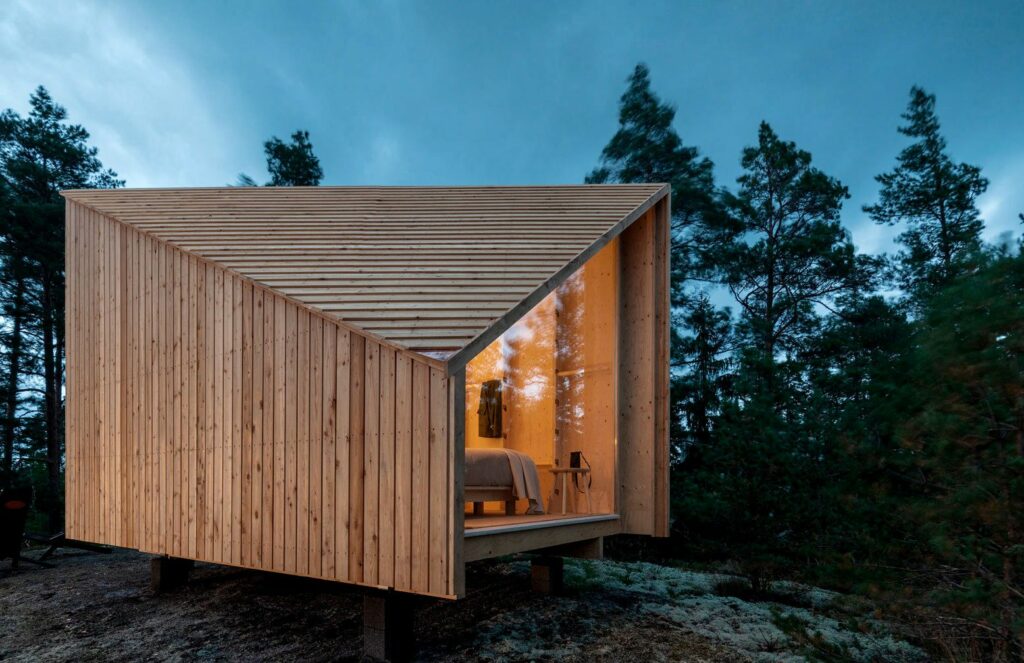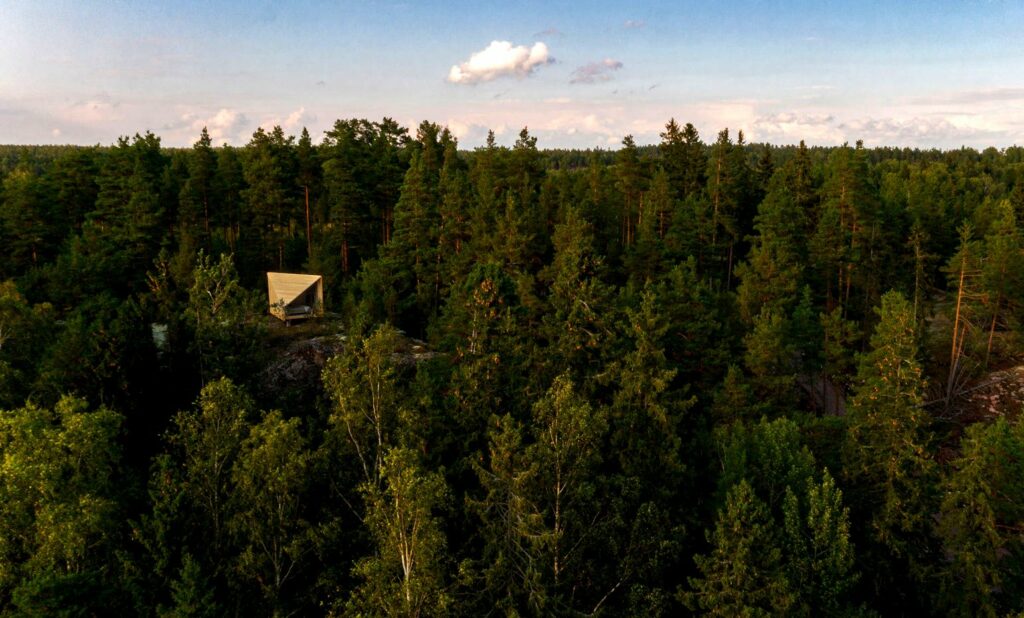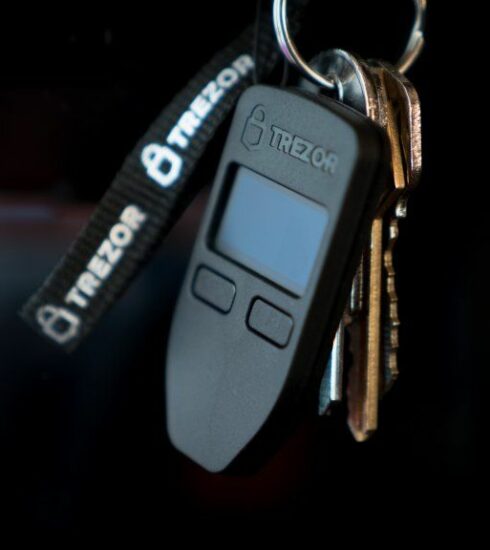Modern Off-Grid Living
Operative off-grid living is a self-sovereign lifestyle taking control of the aspects of life’s needs with less outside reliance, with the advantages of the contemporary and anonymity.
Off the grid living is an increasingly popular choice for covert operatives who want more control over their lives, privacy, security and sovereignty.

Modern off-grid living is a lifestyle that involves using technology to live independently from traditional utilities like electric, water, and gas.
What does it mean to live “off the grid?” In the most literal sense, it means living without access to public utilities. However, for many people who choose this lifestyle, it’s about much more than that. It’s about living a more controlled, simpler life, in harmony with nature, and being self-sufficient.
What is Modern Off-Grid Living?
Living off the grid in modern times. In recent years, there has been a growing movement of people who are choosing to abandon the hustle and bustle of city life in favor of a more sustainable way of living. For some, this means downsizing to a smaller home or apartment; for others, it means moving to a remote area and living completely off the grid.

The Advantages of Off-Grid Living
There are many reasons why someone might choose to live off the grid. For some, it’s a way to simplify their lives and reduce their carbon footprint. Others see it as an opportunity to be more self-sufficient and minimize their reliance on government services and utilities.
And still others view it as a way to reconnect with nature and live a more sustainable lifestyle. Regardless of the reasons why someone might choose to live off the grid, there are several advantages to doing so:
You’ll save money. When you’re not paying for public utilities like water, electricity, and natural gas, your living expenses will go down significantly. Depending on your location and situation, you could potentially save hundreds or even thousands of dollars each year by going off the grid.
You’ll be more self-sufficient. If you’re worried about things like power outages or water shortages, going off the grid can give you a sense of security knowing that you’re not relying on these public utilities for your basic needs. And if something does happen to disrupt your access to these services (like a hurricane or severe weather event), you’ll be better prepared to deal with it since you’ll have your own backup systems in place.
You’ll have less impact on the environment. If you’re concerned about your carbon footprint and want to do your part to reduce your reliance on fossil fuels, off-grid living is a great option. By generating your own power with solar panels or wind turbines, you can greatly reduce your reliance on coal-fired power plants and other sources of pollution. And since you’ll likely be gardening and doing other activities that involve being outdoors more often, you’ll also get some much-needed Vitamin D!
You’ll connect with nature more often. One of the best things about off-grid living is that it forces you to slow down and appreciate the simple things in life—like spending time outside in nature. If you’ve been feeling stressed out from work or just wanting to get away from the hustle and bustle of city life, this can be a great way to reset your mind and find some peace and tranquility.

The Challenges of Off-Grid Living
There are also some challenges that come along with off-grid living. Chief among them is the initial cost of setting up your own power generation system (if you’re going completely off the grid). Solar panels and wind turbines can be expensive, but there are ways to offset these costs through government incentives or by leasing/financing options from manufacturers.
It can be difficult to find land that is suitable for off-grid living. If you want to build your own home, you’ll need access to water and sunlight (for power). You’ll also need enough land to grow your own food if you plan on being completely self-sufficient. This means that finding suitable land can be tricky — and expensive — if you’re not careful.
You may feel isolated from friends and family if they don’t live nearby. One of the challenges of living off the grid is that it can be difficult to stay connected with those don’t live nearby. This isolation can be magnified if there’s an emergency and you need help from others; without a phone or internet connection, it may be difficult to reach out for assistance.
Additionally, depending on where you live, there may also be zoning regulations that restrict how far away from civilization you can build your home (this is usually less of an issue if you’re only looking to partially disconnect from public utilities).
[OPTICS : Undisclosed Modern Off-Grid Cabin]







